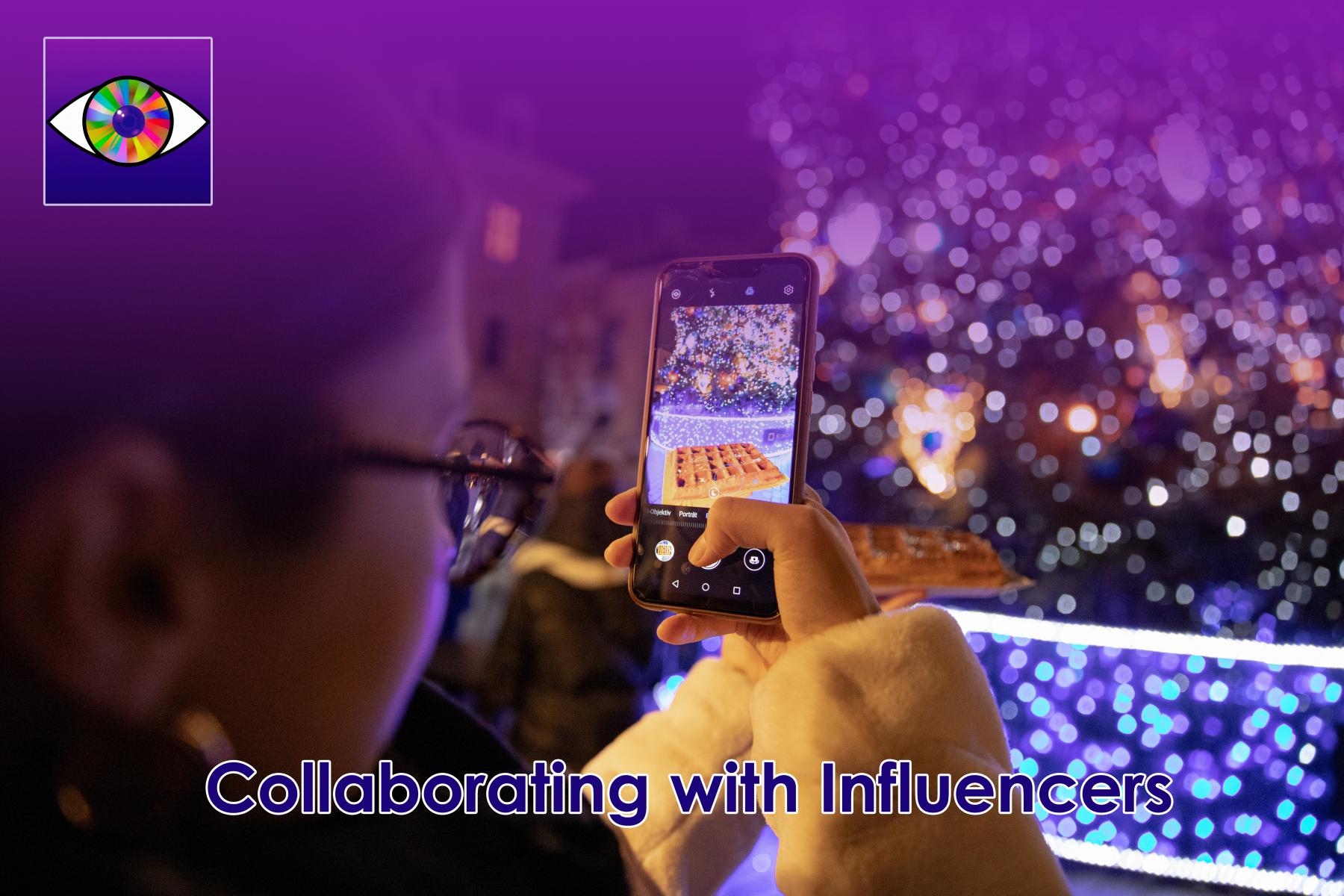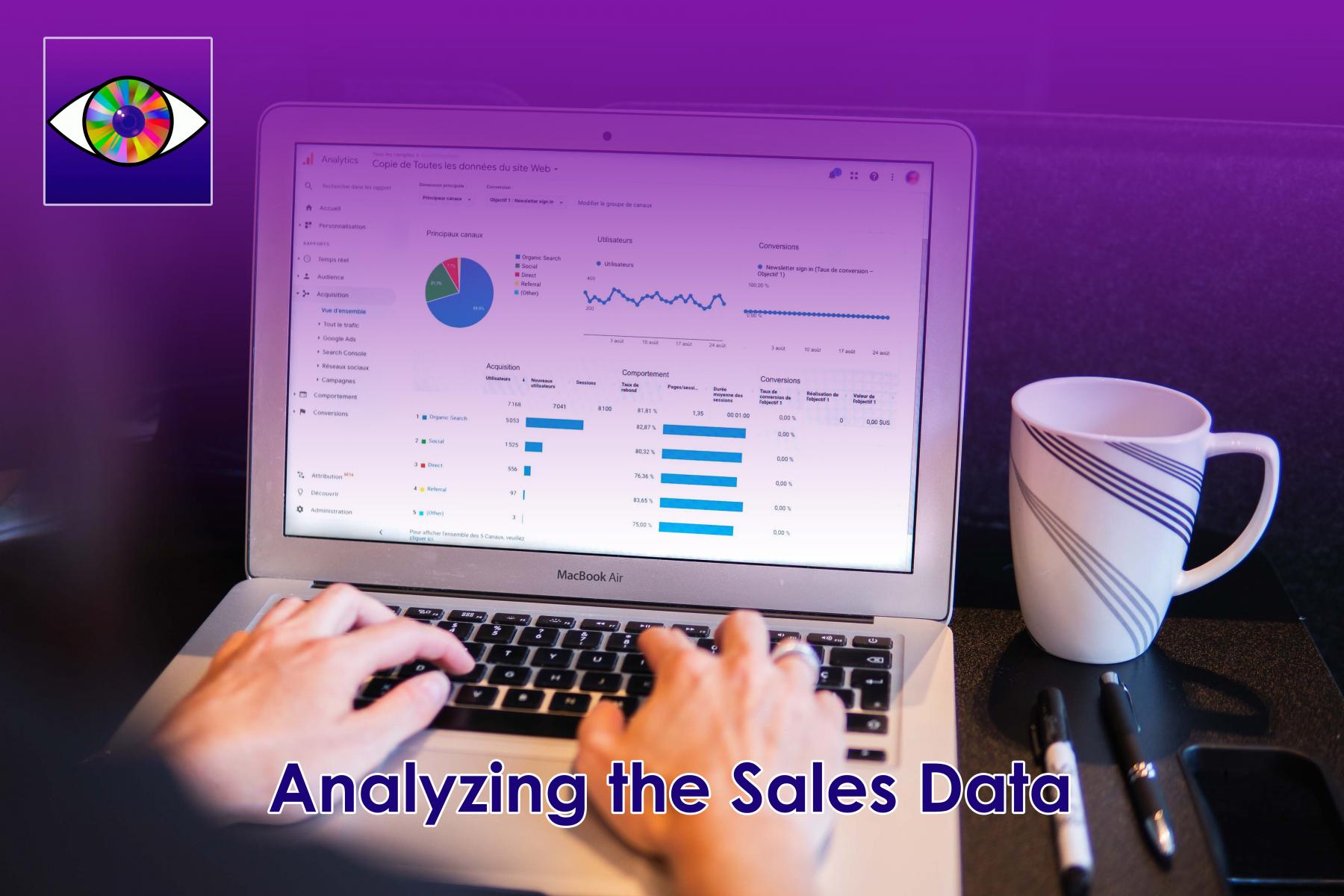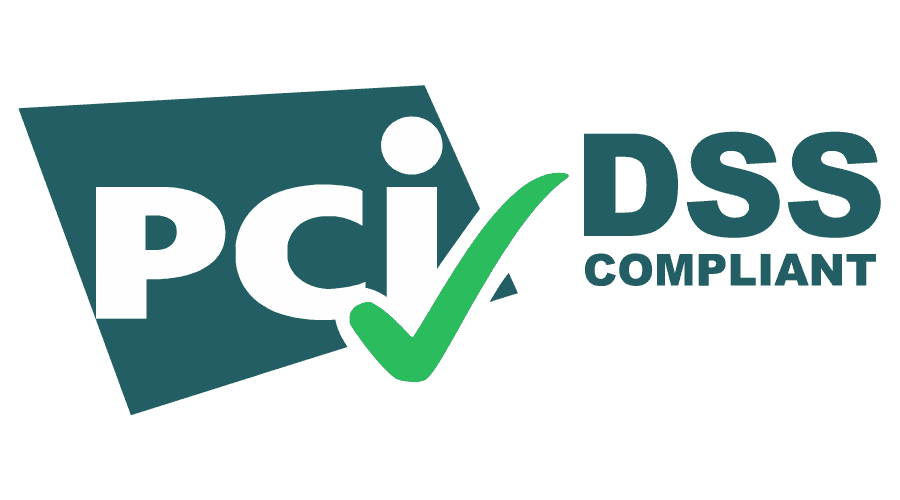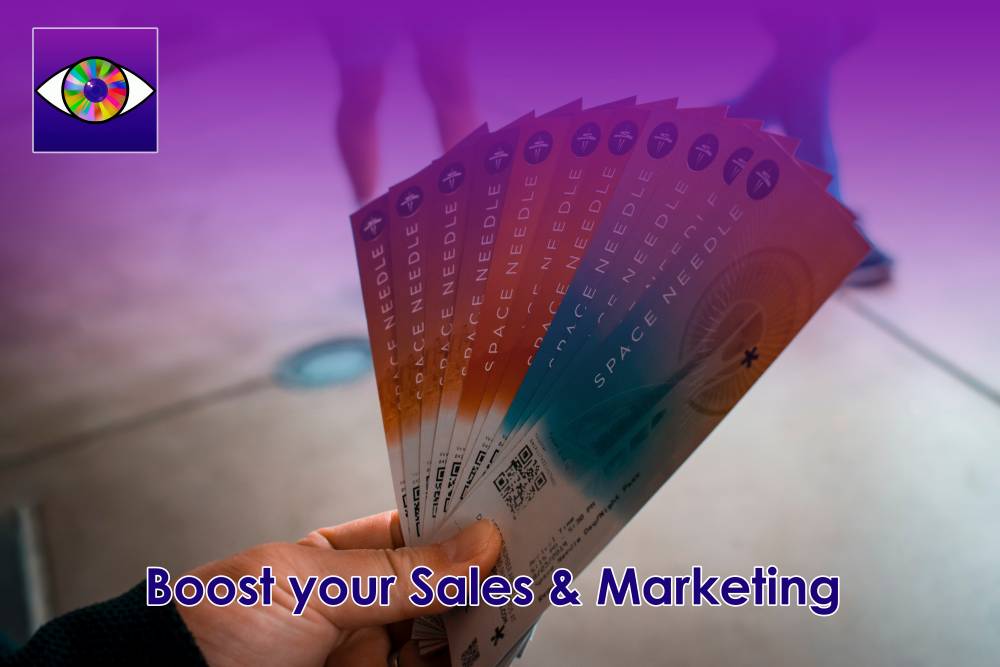
The Ultimate Guide to Selling Tickets in London: Boost Your Sales and Maximize Profits
Are you looking to sell tickets in London but unsure where to start? Look no further! In this ultimate guide, we will take you through the steps to boost your ticket sales, increase your profits, and make your event a resounding success. London is a vibrant city with a thriving arts, entertainment, and sports scene, providing endless opportunities for ticket sellers. However, with fierce competition and a discerning audience, it's crucial to have a strategic approach to stand out from the crowd. From identifying your target market and pricing strategies to leveraging social media and optimizing your ticketing platform, we will share insider tips and proven techniques to help you navigate the London ticket-selling landscape with ease. Whether you're an event organizer, promoter, or an individual looking to sell tickets for a one-time event, this guide will provide you with the tools and knowledge you need to maximize your sales and achieve your goals. So, let's dive in and unlock the secrets to selling tickets in London like a pro!
Understanding the Ticket Market in London
London is a diverse city with a wide range of events happening every day. To successfully sell tickets in this competitive market, it's essential to understand the dynamics at play.
Firstly, identify your target audience. Is your event catered to music lovers, theater enthusiasts, sports fans, or a niche community? Understanding your target market will help you tailor your marketing efforts and ensure you reach the right audience.
Next, research your competition. What other events or performances are happening at the same time as yours? Analyze their marketing strategies, ticket prices, and promotional activities. This will give you valuable insights into what works and what doesn't in the London ticket market.
Lastly, consider the seasonality of your event. London experiences peak tourist seasons, such as summer and Christmas, when more people are likely to attend events. Take advantage of these periods to maximize your ticket sales.
Choosing the Right Ticketing Platform
Selecting the right ticketing platform is crucial for a smooth ticket-selling experience. Look for a platform that offers user-friendly features, secure payment options, and robust customer support.
Consider the scalability of the platform. Will it be able to handle a large volume of ticket sales if your event gains popularity? Make sure the platform can handle high traffic without any technical glitches.
Additionally, look for platforms that offer marketing tools such as email campaigns and social media integration. These features can help you reach a wider audience and increase your ticket sales.
Remember to compare the pricing structures of different ticketing platforms. Some platforms charge a flat fee per ticket sold, while others charge a percentage of the ticket price. Calculate the costs and choose a platform that aligns with your budget and expected ticket sales volume.
Setting Competitive Ticket Prices
Pricing your tickets appropriately can make a significant impact on your sales. Londoners are savvy buyers who compare prices and look for value for money. Therefore, it's crucial to set competitive ticket prices that attract customers while ensuring profitability.
Start by analyzing the costs associated with your event, such as venue rental, artist fees, marketing expenses, and staff wages. Add these costs to your desired profit margin to calculate the minimum ticket price you need to cover your expenses.
Next, research similar events and their ticket prices. Are they offering any additional perks or benefits? Consider what makes your event unique and find a pricing strategy that reflects its value.
Keep in mind that Londoners love a good deal. Consider offering early bird discounts, group discounts, or bundled ticket packages. These incentives can entice customers to purchase tickets and increase your overall sales.
Remember to regularly monitor ticket sales and adjust your pricing strategy accordingly. If tickets are selling slowly, consider offering limited-time promotions or flash sales to create a sense of urgency.
Creating a Compelling Ticket Listing
A well-crafted ticket listing can make all the difference in attracting potential buyers. When creating your ticket listing, focus on the following elements to make it compelling and enticing:
1. Clear and Concise Event Description
Communicate the key details of your event, such as the date, time, venue, and performers. Use concise language that grabs the reader's attention and highlights the unique selling points of your event.
2. Engaging Visuals
Include high-quality images or videos that showcase the atmosphere and excitement of your event. Visuals can evoke emotions and create a desire for potential buyers to experience the event firsthand.
3. Customer Reviews and Testimonials
If you have previous customers who have attended your events, include their positive reviews and testimonials. Social proof plays a significant role in influencing purchasing decisions.
4. Limited-Time Offers or Discounts
Create a sense of urgency by offering limited-time promotions or discounts. Highlight these offers prominently in your ticket listing to encourage immediate action.
5. Easy and Secure Ticket Purchase Process
Ensure the ticket purchase process is seamless and user-friendly. Customers should be able to easily select their desired seats, enter payment information securely, and receive their tickets instantly.
By incorporating these elements into your ticket listing, you can capture the attention of potential buyers and increase the likelihood of ticket sales.
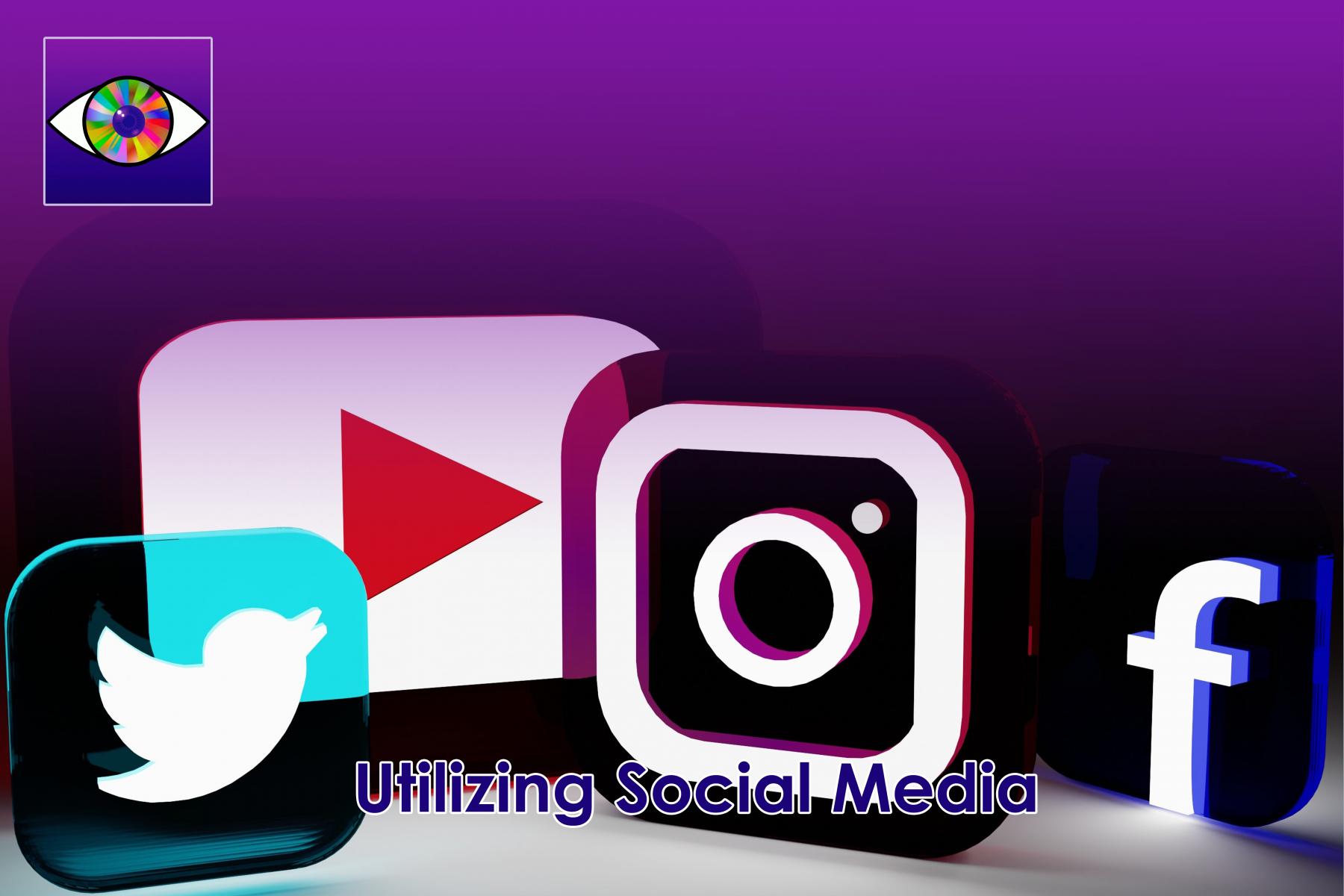
Utilizing Social Media for Ticket Promotion
Social media platforms are powerful tools for promoting ticket sales. With millions of active users in London, effectively utilizing social media can significantly boost your ticket sales. Here are some strategies to consider:
1. Identify the Right Platforms
Research which social media platforms your target audience is most active on. Focus your efforts on these platforms to maximize your reach and engagement.
2. Create Compelling Content
Develop a content strategy that aligns with your event and resonates with your target audience. Share behind-the-scenes footage, artist interviews, or sneak peeks to generate excitement and anticipation.
3. Engage with Your Audience
Interact with your followers by responding to comments, direct messages, and mentions. Building a relationship with your audience can foster trust and loyalty, leading to increased ticket sales.
4. Collaborate with Influencers
Identify influencers or bloggers who have a strong presence in the London entertainment scene. Partner with them to promote your event through sponsored posts or collaborations. Their endorsement can significantly boost your ticket sales.
5. Run Contests and Giveaways
Create buzz around your event by running contests and giveaways on social media. Encourage followers to share your event with their friends for a chance to win free tickets or exclusive merchandise.
Remember to track your social media performance using analytics tools. Monitor engagement rates, reach, and conversions to identify which strategies are most effective and make data-driven decisions for future campaigns.
Collaborating with Influencers and Local Businesses
Collaborating with influencers and local businesses can expand your reach and attract new customers. Consider the following strategies:
1. Influencer Partnerships
Partner with influencers who have a relevant audience and a strong online presence. They can promote your event to their followers and generate excitement. Offer them complimentary tickets or exclusive access in exchange for social media posts or blog features.
2. Cross-Promotion with Local Businesses
Identify local businesses that align with your event and target audience. Collaborate on cross-promotion efforts, such as offering discounts to their customers or displaying event posters in their establishments. This can help you tap into a new customer base and increase ticket sales.
3. Sponsorship Opportunities
Explore sponsorship opportunities with relevant brands or organizations. They can provide financial support or promotional resources in exchange for exposure at your event. This can help offset costs and increase your profitability.
Remember to approach potential collaborators with a clear value proposition and mutually beneficial partnership ideas. Building strong relationships can lead to long-term collaborations and continuous ticket sales growth.
Leveraging Email Marketing for Ticket Sales
Email marketing is a powerful tool for nurturing leads, building relationships, and driving ticket sales. Here's how you can leverage email marketing effectively:
1. Build a Subscribers List
Create an opt-in form on your website or ticketing platform to collect email addresses from interested visitors. Offer an incentive, such as exclusive discounts or early access, to encourage sign-ups.
2. Segment Your Email List
Segment your email list based on customer preferences, behavior, or past interactions. This allows you to send targeted emails that resonate with specific segments of your audience.
3. Personalize Your Emails
Personalize your emails by addressing recipients by name and tailoring the content to their interests. Use dynamic content and automation tools to streamline the personalization process.
4. Send Relevant and Timely Emails
Send regular emails to keep your audience informed about upcoming events, special offers, or exclusive announcements. Use eye-catching subject lines and compelling content to entice recipients to open and engage with your emails.
5. Track and Analyze Email Performance
Monitor key email metrics such as open rates, click-through rates, and conversions. Analyze the data to understand which emails are driving the most ticket sales, and optimize your email marketing strategy accordingly.
Remember to comply with email marketing regulations, such as obtaining explicit consent from subscribers and providing an option to unsubscribe. Building a strong email marketing strategy can significantly boost your ticket sales and customer loyalty.
Optimizing Your Website for Ticket Conversions
Your website is often the first point of contact for potential customers. Optimizing your website for ticket conversions can help increase sales and provide a seamless user experience. Consider the following tips:
1. Simple and Intuitive Navigation
Ensure your website has a clear and intuitive navigation menu that allows visitors to easily find information about your event and purchase tickets.
2. Mobile-Friendly Design
With the majority of internet users accessing websites via mobile devices, it's crucial to have a mobile-friendly website. Optimize your website's design and functionality for different screen sizes and resolutions.
3. Fast Loading Times
Optimize your website's loading speed by compressing images, minifying code, and utilizing caching techniques. Slow-loading websites can lead to higher bounce rates and fewer ticket sales.
4. Clear and Visible Call-to-Action Buttons
Place prominent call-to-action buttons throughout your website, guiding visitors to purchase tickets. Use contrasting colours and persuasive language to make the buttons stand out.
5. Streamlined Checkout Process
Simplify the ticket purchase process by minimizing the number of steps required. Use progress indicators and clear instructions to guide customers through the checkout process.
Remember to regularly test your website's performance and conduct user experience testing. Identifying and resolving any issues can lead to a smoother ticket-purchasing experience and increased conversions.
Implementing Effective Customer Service Strategies
Providing exceptional customer service is crucial for generating positive word-of-mouth and repeat customers. Consider the following strategies to enhance your customer service:
1. Prompt and Friendly Responses
Respond to customer inquiries and feedback promptly and with a friendly tone. Whether it's through email, social media, or phone calls, make sure your customers feel heard and valued.
2. 24/7 Customer Support
Offer 24/7 customer support through various channels, such as live chat, email, or phone. This ensures customers can reach out to you at any time and receive timely assistance.
3. Personalized Customer Interactions
Train your customer service representatives to provide personalized interactions. Address customers by name, empathize with their concerns, and offer tailored solutions.
4. Proactive Issue Resolution
Anticipate and proactively address potential issues or concerns. Inform customers about any changes to the event, such as venue or time changes, well in advance to minimize inconvenience.
5. Post-Event Follow-Up
Send post-event emails to thank attendees for their support and gather feedback. This shows your commitment to customer satisfaction and provides valuable insights for future events.
Remember to monitor customer feedback and reviews on platforms such as social media, review websites, or event-specific forums. Address any negative feedback promptly and publicly showcase positive reviews to build trust and credibility.
Analyzing Ticket Sales Data and Making Improvements
Analyzing ticket sales data can provide valuable insights into your event's performance and help you make data-driven improvements. Consider the following strategies:
1. Track Key Metrics
Monitor key ticket sales metrics, such as total sales, conversion rates, and average ticket price. Analyze these metrics over time to identify trends and spot areas for improvement.
2. Identify Sales Patterns
Identify patterns in ticket sales, such as peak sales periods or popular ticket categories. Understanding these patterns can help you optimize your marketing efforts and inventory management.
3. Conduct Surveys and Feedback Forms
Gather feedback from customers through surveys or feedback forms. Ask about their experience, satisfaction level, and areas for improvement. Use this feedback to make informed decisions for future events.
4. A/B Testing
Experiment with different marketing strategies, pricing structures, or ticket promotions through A/B testing. Compare the results to identify which variations drive the most ticket sales.
5. Use Data Visualization Tools
Utilize data visualization tools to create visually appealing and easy-to-understand reports. Visualizing your ticket sales data can help you identify patterns and trends at a glance.
Remember that data analysis should be an ongoing process. Regularly review your ticket sales performance and make continuous improvements based on the insights gained.
Maximising Profits Through Upselling and Cross-Selling
Maximizing profits goes beyond selling individual tickets. Implement upselling and cross-selling strategies to increase your revenue per customer. Consider the following techniques:
1. Upselling
Offer premium ticket options with additional perks or exclusive access. Highlight the added value of these premium tickets to encourage customers to upgrade and increase their spending.
2. Cross-Selling
Promote merchandise, food and beverage options, or other related products alongside ticket sales. Offer discounts or package deals to incentivize customers to make additional purchases.
3. Bundle Tickets for Multiple Events
If you're organizing a series of events, offer bundled ticket options for customers to attend multiple events at a discounted price. This can increase ticket sales and customer loyalty.
4. VIP Experiences
Create exclusive VIP experiences that offer unique benefits, such as meet-and-greets with performers, backstage tours, or priority seating. Price these experiences at a premium to maximize profits.
5. Partner with Sponsors
Partner with relevant sponsors or brands to offer exclusive discounts or benefits to ticket holders. This provides additional value to customers and can increase ticket sales.
Remember to communicate the value of these upsell and cross-sell options clearly to customers. Highlight the benefits and create a sense of exclusivity to encourage additional purchases.
## Collaborating with Event Organisers and Venues
